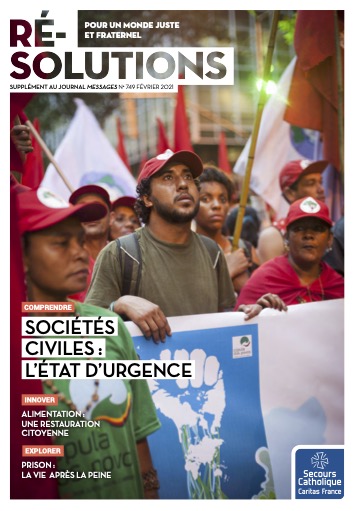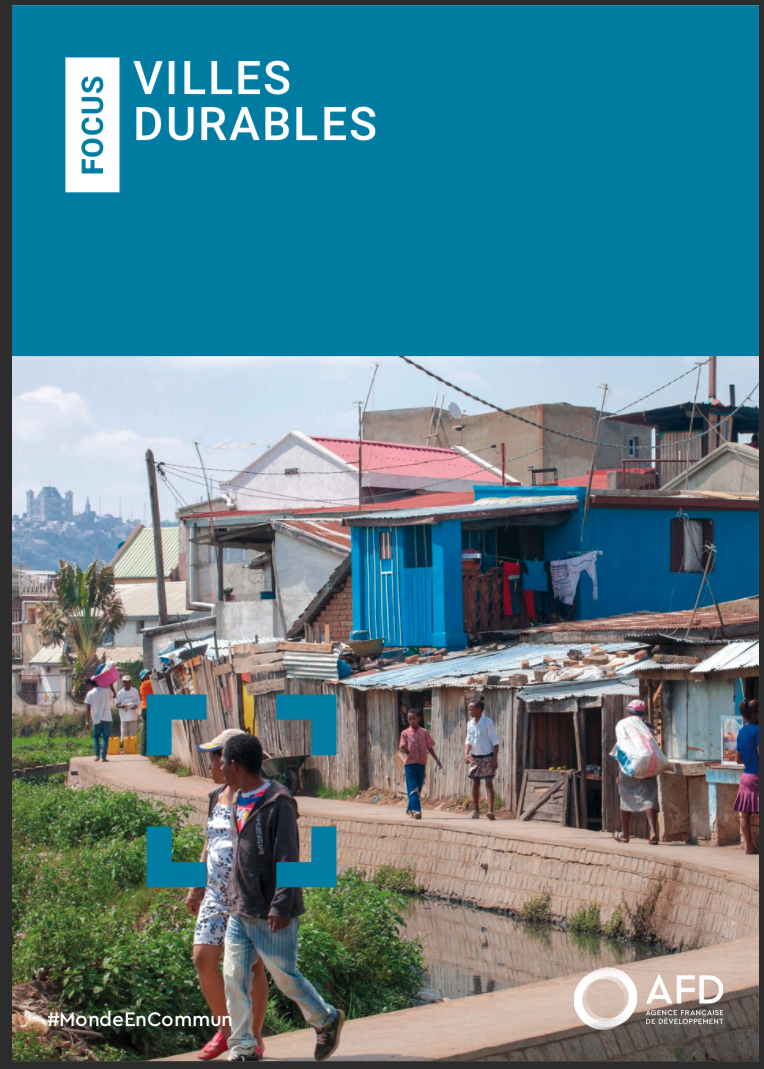Résolutions février 2021
Plus les mois avancent et plus l’on constate une détérioration des libertés individuelles et collectives dans nos pays. » C’est le cri d’alarme lancé par une cinquantaine de partenaires internationaux à travers une enquête réalisée l’été dernier par les membres de la direction internationale du Secours Catholique-Caritas France.





